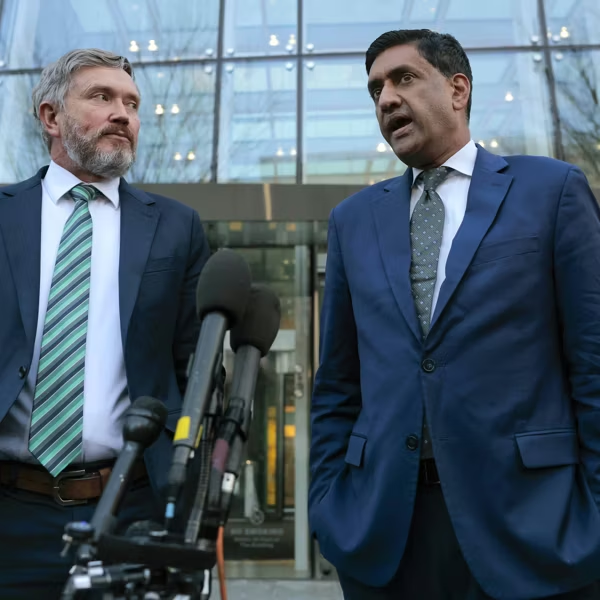The "blank check" to declare war handed to the U.S. president in the immediate aftermath of the September 11th, 2001 attacks is attracting growing scrutiny in Congress.
As lawmakers advance measures to repeal and change this authorization, peace and justice campaigners say they are hopeful these efforts can help curb presidential war powers.
Thirteen years ago, U.S. Congress issued the 2001 Authorization for Use of Military Force, authorizing the president to "use all necessary and appropriate force against those nations, organizations, or persons he determines planned, authorized, committed, or aided the terrorist attacks that occurred on September 11, 2001, or harbored such organizations or persons in order to prevent any future acts of international terrorism against the United States by such nations, organizations or persons."
Since then, the 2001 AUMF has been invoked (pdf) by the Bush and Obama administrations to authorize ongoing war and occupation in Afghanistan, covert drone wars in Pakistan, Yemen, and Somalia, military intervention in countries from Ethiopia to Iraq, indefinite detentions at Guantanamo Bay and Bagram prison, and more.
"The AUMF is the core legal infrastructure for most of the worst abuses we've seen in terms of national security over past 13 years," said Stephen Miles of Win Without War. "Drone war, mass surveillance without warrants, the use of torture by the Bush Administration--all of this transpired under alleged authority found in the 2001 AUMF."
Critics charge the AUMF--which does not have an expiration date--has become a green-light for boundless war by opening the door to expansive interpretations made without transparency.
Robert Naiman, policy director for Just Foreign Policy, told Common Dreams, "Bush and Obama have interpreted that the AUMF, which does not mention Afghanistan by name, allows them to go after 'associated forces.' Yet the associated forces list is classified. You and I are not even allowed to know who the administration believes they can target under the 2001 AUMF."
The AUMF has been fiercely opposed by anti-war movements around the world. Now a handful of bipartisan lawmakers from the House and Senate are pushing to revisit it.
Yet not all of them oppose broad presidential war powers.
Lawmakers challenging the AUMF fall into "two camps," said Naiman. "There is a group of people who are concerned that the AUMF has turned into a monster as interpreted and is allowing all kinds of things that were not envisioned. And there's another camp that wants to expand the written authority of the AUMF to match how it is actually being used."
According to the Washington Free Beacon, the Senate Foreign Relations Committee is planning an AUMF hearing later this month, with Sen. Bob Corker (R., Tenn.) a key force behind the plan. "This hearing will help inform a necessary debate about whether existing authorities are sufficient to address new and emerging terrorist threats and whether Congress should provide more regular oversight going forward," Corker told the Washington Free Beacon.
Miles said that there is concern that Corker's effort "would make permanent the worst of the War on Terror."
Yet a simultaneous legislative push from lawmakers who oppose blanket authority for endless war offers hope, said Miles.
Rep. Barbara Lee (D-Calif.) and Representative Adam Schiff (D-Calif.) have both introduced stand-alone legislation to repeal or sunset the AUMF. According to Miles, they "have talked about pursuing this as an amendment in the National Defense Authorization Act." Schiff is moving forward with the effort after a similar bill failed last year.
"A repeal is very important," said Miles, adding that he thinks it is possible to achieve with pressure from the grassroots. "You are seeing more and more members of congress saying this is not what I voted for, or I was not here 13 years ago and things are being done and I've never had a chance to vote on."
He added, "The pressure Congress has felt from the American public has forced them to reign in executive power. The American public is making it clear where they stand: we want to turn the page on 13 years of war."
_____________________



